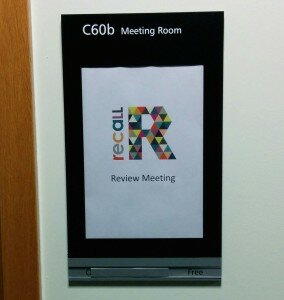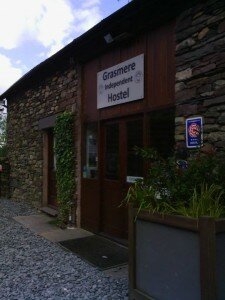Our very own Evangelos Niforatos was interviewed by Dutch Journalist Anke Meijer from the Dutch newspaper “NRC Handelsblad“. For her article “We maken zo veel meer foto’s dan vroeger – hebben ze nog waarde?” (We take so many more pictures than before – do these still have value?) she asked Evangelos about his work on “My Good Old Kodak” [1] – the smartphone app that would artificially limit the number of pictures one could take with the phone, in order to investigate how this affected both the type of pictures taken, and the kind of memories retained from an event. You can find the original article (in Dutch) at https://www.nrc.nl/nieuws/2016/10/27/3000-foto-momentjes-4959553-a1528724
[1] Niforatos, E., M. Langheinrich, and A. Bexheti. 2014. “My Good Old Kodak: Understanding the Impact of Having Only 24 Pictures to Take.” In Proceedings of the 2014 ACM International Joint Conference on Pervasive and Ubiquitous Computing: Adjunct Publication, 1355–1360. UbiComp ’14 Adjunct. New York, NY, USA: ACM. http://doi.org/10.1145/2638728.2641715. http://uc.inf.usi.ch/node/329


